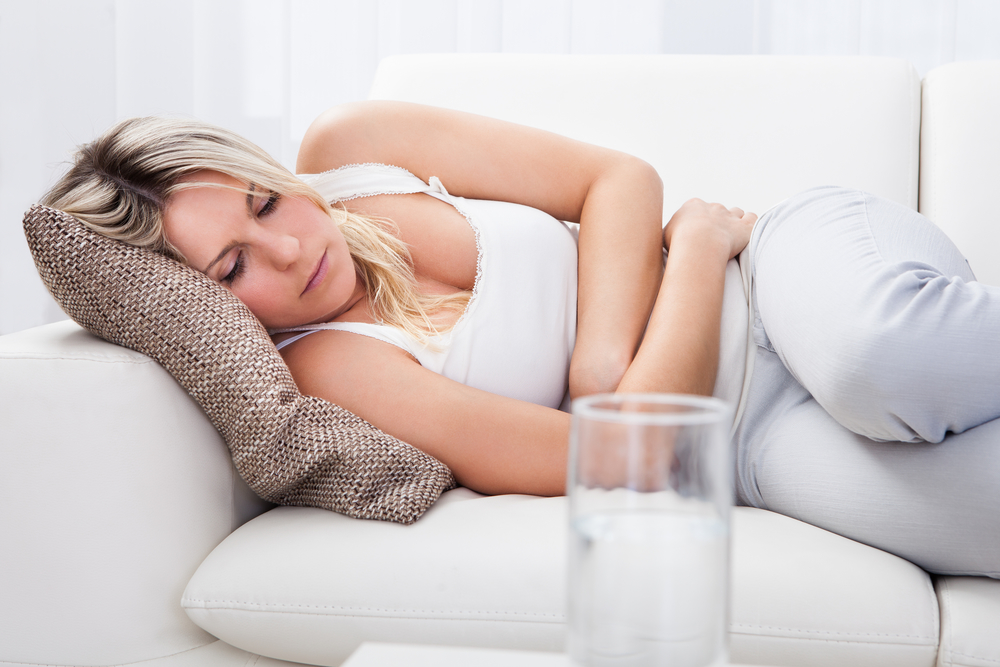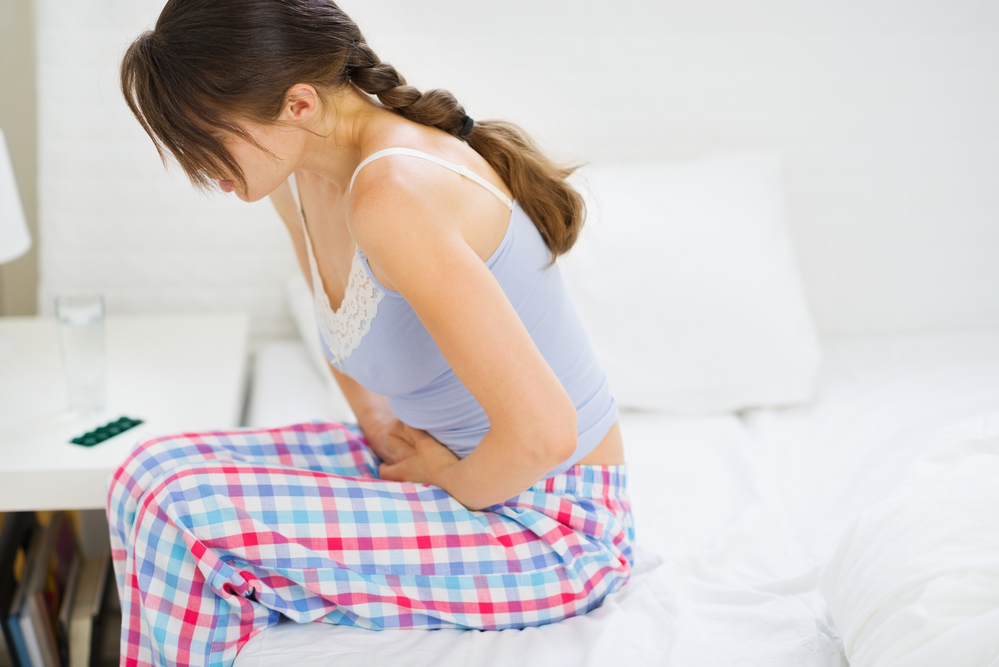Endometriosis is a chronic condition that affects women of reproductive age. It occurs when the tissue that lines the uterus grows outside of it, causing pain and discomfort.
Endometriosis can also lead to emotional distress, as it can be a frustrating and debilitating condition to live with. You can also navigate to this site if you want to know more information about endometriosis.

Coping with endometriosis requires a multi-faceted approach that includes managing pain, seeking emotional support, and making lifestyle changes. In this article, we will discuss tips for managing pain and emotional distress associated with endometriosis.
Pain is one of the most common symptoms of endometriosis. The pain can range from mild discomfort to severe cramping and can be felt in the lower abdomen, back, and pelvic area.
Here are some tips for managing pain:
1. Over-the-counter pain relievers: Ibuprofen and naproxen can help reduce inflammation and relieve pain.
2. Heat therapy: Applying a heating pad or taking a warm bath can help relax the muscles and ease the pain.
3. Exercise: Gentle exercises like stretching and yoga can help improve blood flow and reduce pain.
4. Dietary changes: Avoiding foods that trigger inflammation, such as processed foods and caffeine, can help reduce pain.
5. Acupuncture: This traditional Chinese medicine technique involves inserting needles into specific points on the body to relieve pain.
6. Medications: Your doctor may prescribe stronger pain medications or hormone therapy to manage your pain. It's important to talk to your doctor about your symptoms and work together to find the best pain management plan for you.

